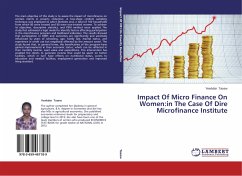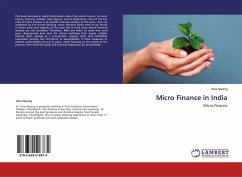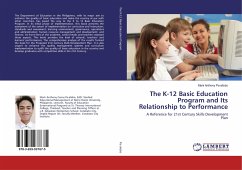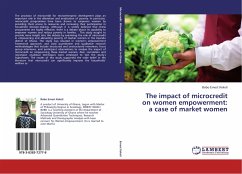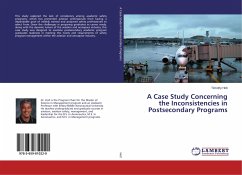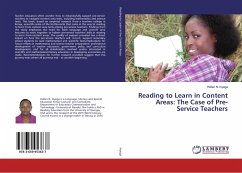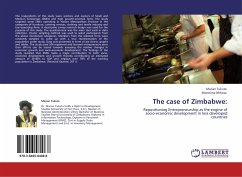The main objective of this study is to assess the impact of microfinance on women clients in poverty reduction. A two-stage random sampling technique was employed to select 5kebeles and, a total of 160 households from which 80 were treated and 80 were non-treated women. To achieve its objectives, descriptive statistics, and PSM method were applied. The study first estimated a logit model to identify factors affecting participation in the microfinance program and livelihood indicators. The results showed that participation in DMFI and outcomes are significantly and positively influenced by years of schooling, age, family size, marital status, and experience in credit use but negatively affected by the amount saved. The study found that, in general terms, the beneficiaries of the program have gained improvements in their economic status, which can be reflected in their monthly income, asset value and expenditure. The intervention has enabled the clients to generate income that could be spent on better facilities, which in turn have effects on nutritional status, access to education and medical facilities, employment generation and improved living standard.
Bitte wählen Sie Ihr Anliegen aus.
Rechnungen
Retourenschein anfordern
Bestellstatus
Storno

